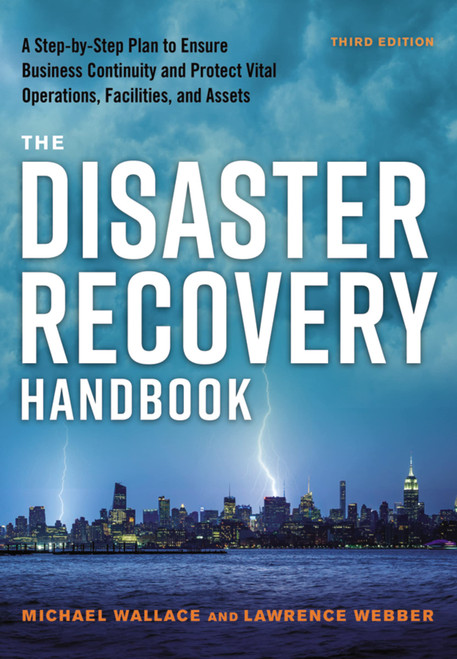Disaster recovery is often unplanned for in the emergency management life cycle. Yet recovery is the key stage where funds, programs, professional expertise, and volunteer efforts are applied to affected cities, states, and regions to get them up and running again. Providing a unique perspective on a highly focused area, Disaster Recovery is the first core text that tackles the myriad recovery issues faced by federal, state, and local emergency managers, public officials, and voluntary organizations in a long-term disaster recovery situation.
The book takes a holistic approach, integrating the various challenges of recovery such as housing, the infrastructure, and workplaces. Disaster Recovery emphasizes three key themes by integrating vulnerable populations into each chapter, stressing the importance of tying mitigation measures into every aspect of recovery, and encouraging rebuilding in environmentally sustainable ways. Coverage includes topics such as recovery planning, housing, debris management, business and private sector recovery, public/governmental recovery and operations, historical and cultural preservation, environmental recovery, social and psychological recovery and services, voluntary non-governmental organizations (NGOs), federal assistance programs, grant-writing, and donations management.
Pedagogical tools to clarify concepts
Each chapter features pedagogy to encourage comprehension and retention, including key terms, learning objectives, highlighted practical applications, review questions, a summary, and references. Numerous classic and recent case studies ensure concepts are fully explained and illustrated. In addition, PowerPoint slides are also available for adopters. Designed for professional and classroom use, this volume thoroughly covers the disaster recovery process, offering vital insight into the evolving field of emergency management.












